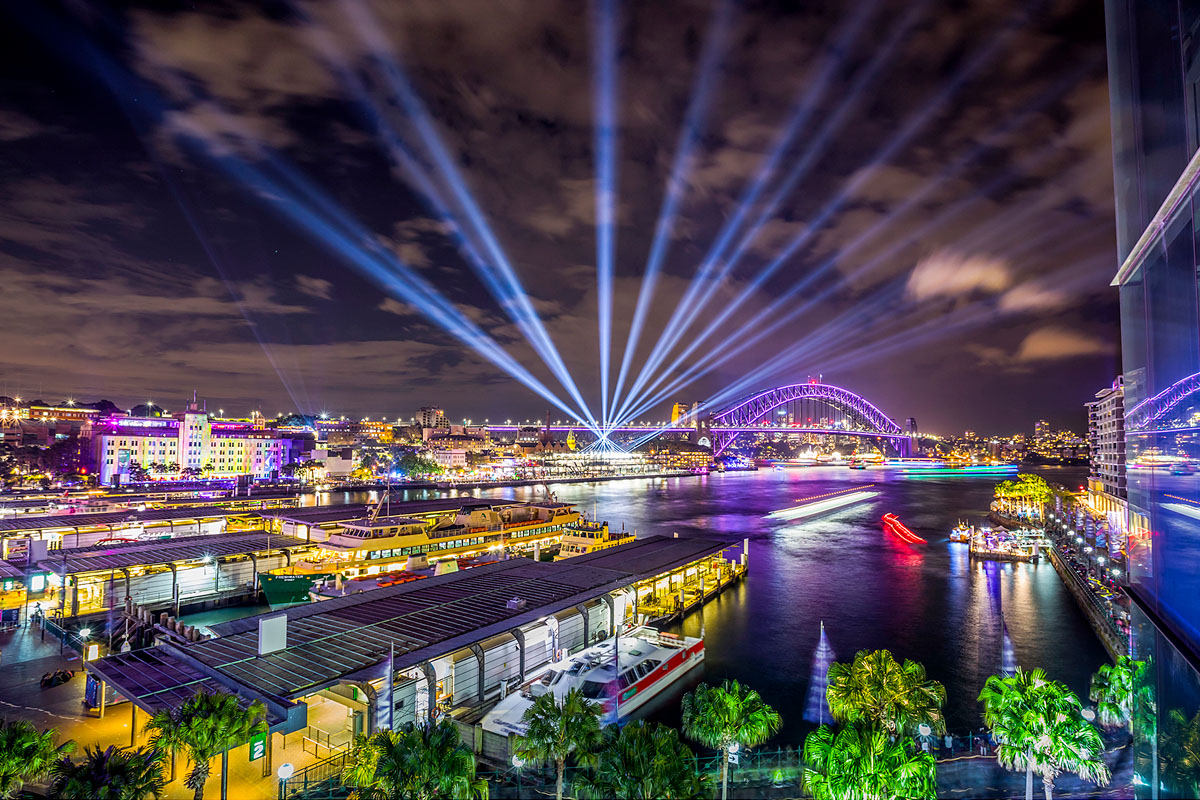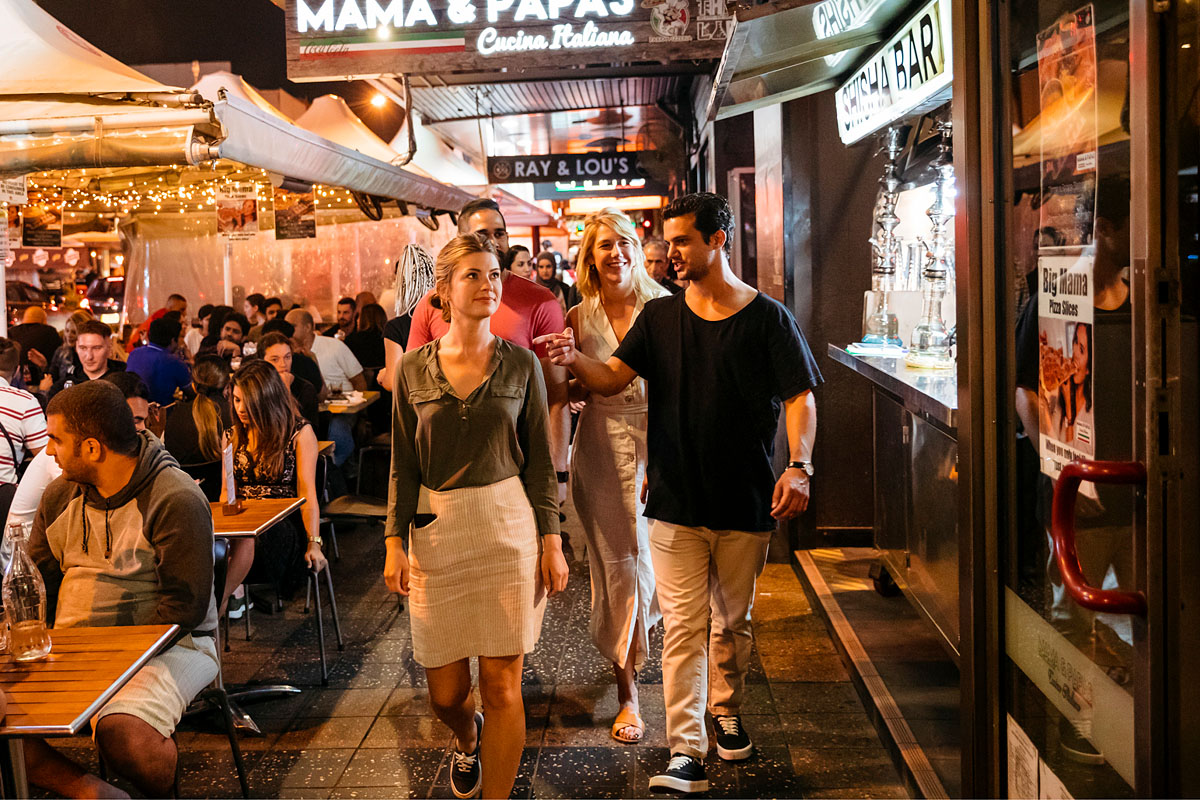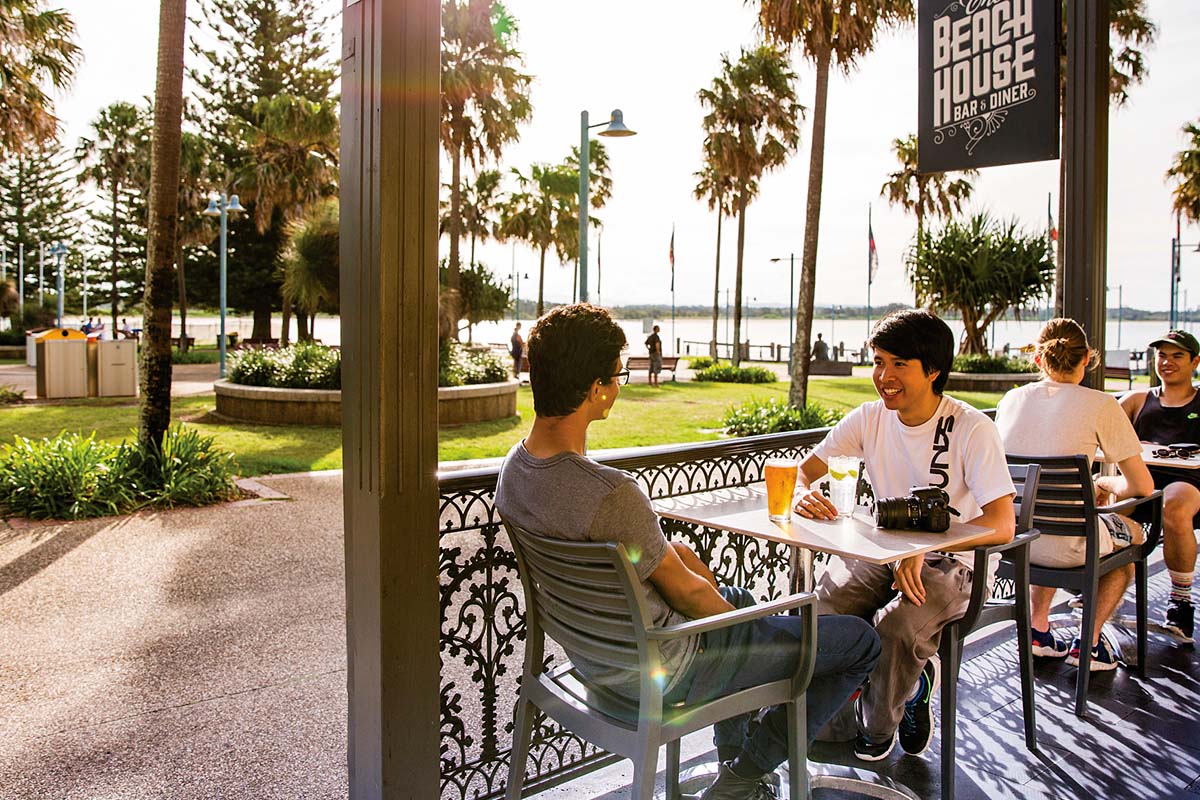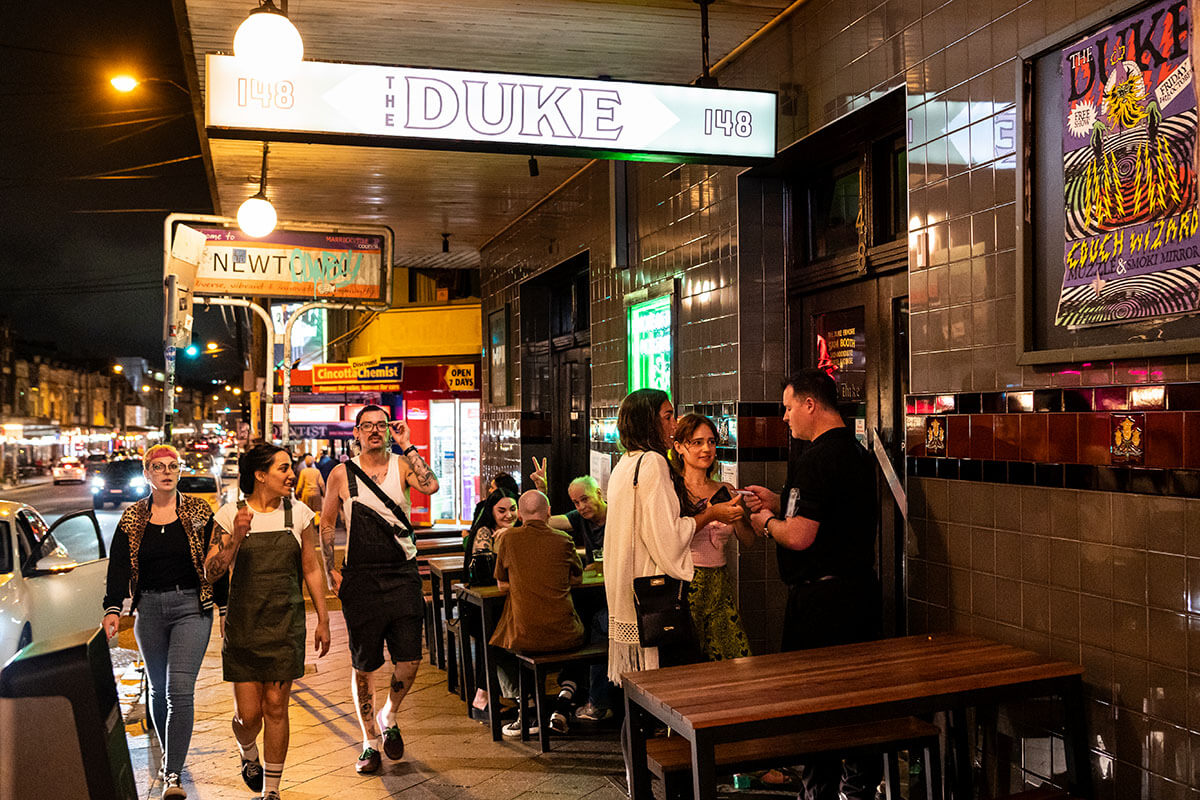We're making it easier for arts, cultural, and hospitality businesses to contribute to local economies and create safe, exciting nightlife in our communities. We are also looking at ways to support our vital night-time workforce whether in hospitality, retail, emergency services or industry.
Cultural SEPP Explanation of Intended Effect
In 2023, the NSW Government made an election commitment to support music venues, trading hours and outdoor performance through a Cultural State Environmental Planning Policy (SEPP).
The Department prepared an Explanation of Intended Effect (EIE) for the Cultural SEPP, which proposed changes to the planning system to support more creative, hospitality and cultural uses contributing to the 24-hour economy. There were also 2 new guidelines to support councils with assessing applications for extended trading hours, and the planning options for community events.
The EIE was on exhibition on the NSW Planning Portal from 15 November 2024 to 7 February 2025.
The Department is now considering all submissions before the Cultural SEPP and guidelines are finalised.
Vibrancy Reforms
The Vibrancy Reforms are a cross-government initiative developed in consultation with key agencies, industry, councils and stakeholders to bring sector regulation in line with contemporary going out behaviours, improve government processes and encourage more people to go out, closer to home.
24-hour Economy Strategy
In September 2024, the NSW Government refreshed the 24-hour Economy Strategy, its long-term vision for Sydney. We will help deliver the strategy by activating spaces, creating vibrant places to work and live, aligning planning and liquor approvals and streamlining processes.
Noise management
Regulation around noise, planning and liquor licensing has been streamlined, updated and simplified through the NSW Government's 24-Hour Economy Legislation Amendment (Vibrancy Reforms) Act 2023 and the 24-Hour Economy Legislation Amendment (Vibrancy Reforms) Act 2024. This means venues in NSW will have the opportunity to reach their full entertainment, economic and creative potential – especially at night.
Since 1 July 2024, changes introduced by Vibrancy Reforms provide more favourable noise management for venue operators. Find out more about how the changes affect development consents for licensed premises in the frequently asked questions and Planning Circular PS 24-003.
Under the Vibrancy Reforms, certain noise-related conditions on licensed venues’ development consents cease to have effect.
Conditions which ceased to have effect for all licensed premises relate to:
- the way in which the business of the licensed premises is conducted, such as:
- decibel limit-based sound controls, such as the LA10 noise criteria
- the provision or cessation of live / amplified music or sound entertainment at specific times
- use of a noise limiter
- placement and use of speakers.
- noise arising from the behaviour of persons after they leave the licensed premises – this includes anti-social behaviour or alcohol-related violence.
Further changes, as outlined in Schedule 5 of the 24-Hour Economy Legislation Amendment (Vibrancy Reforms) Act 2024, will commence in 2025.
No. All conditions of development consent that relate to the above automatically ceased to have effect from 1 July 2024. Licensed venues and councils are not required to take any action to implement this change, for example a modification application is not needed.
No. The complaint reforms apply only to licensed premises (i.e. premises with a liquor licence). Councils will continue to manage noise complaints about unlicensed premises.
If you have concerns about the level of noise generated by a licensed venue, such as noise from amplified music, entertainment or patron noise, you can lodge a complaint via the Liquor & Gaming NSW online portal.
Refer to Liquor & Gaming NSW for more information about the complaint process, including advice about speaking to the venue and making a formal complaint.
Liquor & Gaming NSW and the NSW Police deal with noise complaints related to entertainment. Councils are not responsible for this. Refer to Liquor & Gaming NSW for more information.
Councils are no longer responsible for responding to noise complaints related to entertainment noise at licensed premises.
Councils can refer any new noise complaints related to entertainment at licensed venues to Liquor & Gaming NSW.
Councils should continue to assess development applications for licensed venues and apply conditions of consent as usual, even though they will not take effect.
Noise related to entertainment
For noise related to entertainment, councils should still apply conditions on new development consents in case circumstances change. For example, if a venue no longer holds a liquor licence, it may continue to trade as an unlicensed venue. In this circumstance, conditions of consent will be activated and managed by the relevant local council as the development consents run with the land and are enduring.
Noise not related to entertainment
For noise not related to entertainment, consents are not affected by the Vibrancy Reforms. These conditions may include requirements for noise mitigation, for example from air conditioning or waste disposal procedures like glass crushing.
More information about noise complaints
Go to Liquor & Gaming NSW to read the disturbance complaint guidelines for licensed premises.
Find out more about the complaint process in Liquor & Gaming NSW’s overview of reforms to the regulation of venue sound management.
Liquor Amendment Act
The NSW Liquor Amendment (Night-time Economy) Act 2020 supports councils' ongoing work to develop a vibrant, safe and modern night-time economy across NSW.
The Liquor Amendment Act made several changes to planning legislation that affect council processes and procedures. Learn more about the Liquor Amendment Act 2020 changes to planning instruments – Information for consent authorities (PDF, 141 KB).
We’ve made changes to bring more live music, arts venues and artisan food and drink businesses to the streets of NSW.
Here’s advice for opening a business that contributes to the night-time economy.
NSW has the perfect climate for outdoor dining, bringing life to our streets and public spaces.
Councils can formally establish a special entertainment precinct in their local area.




